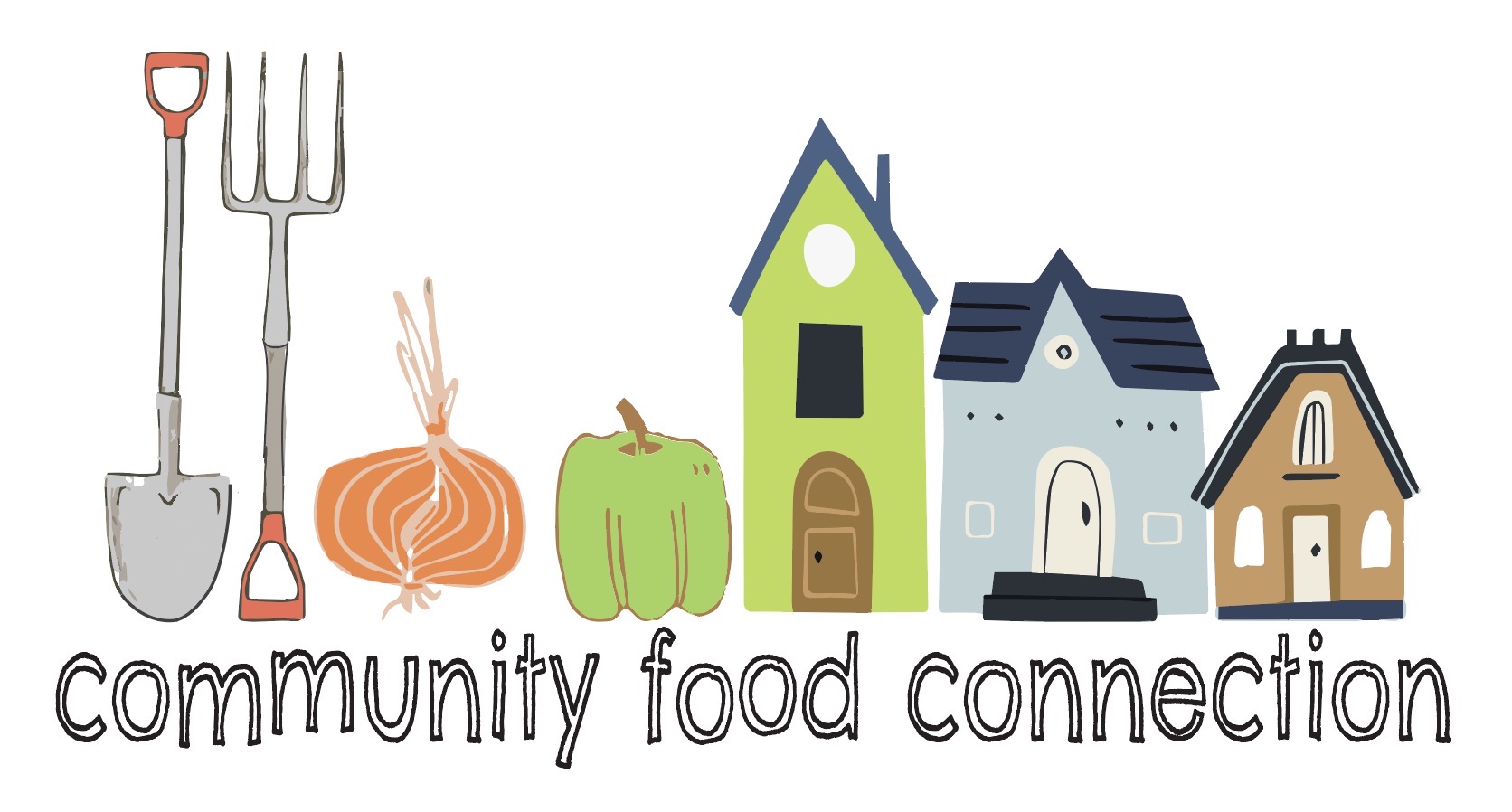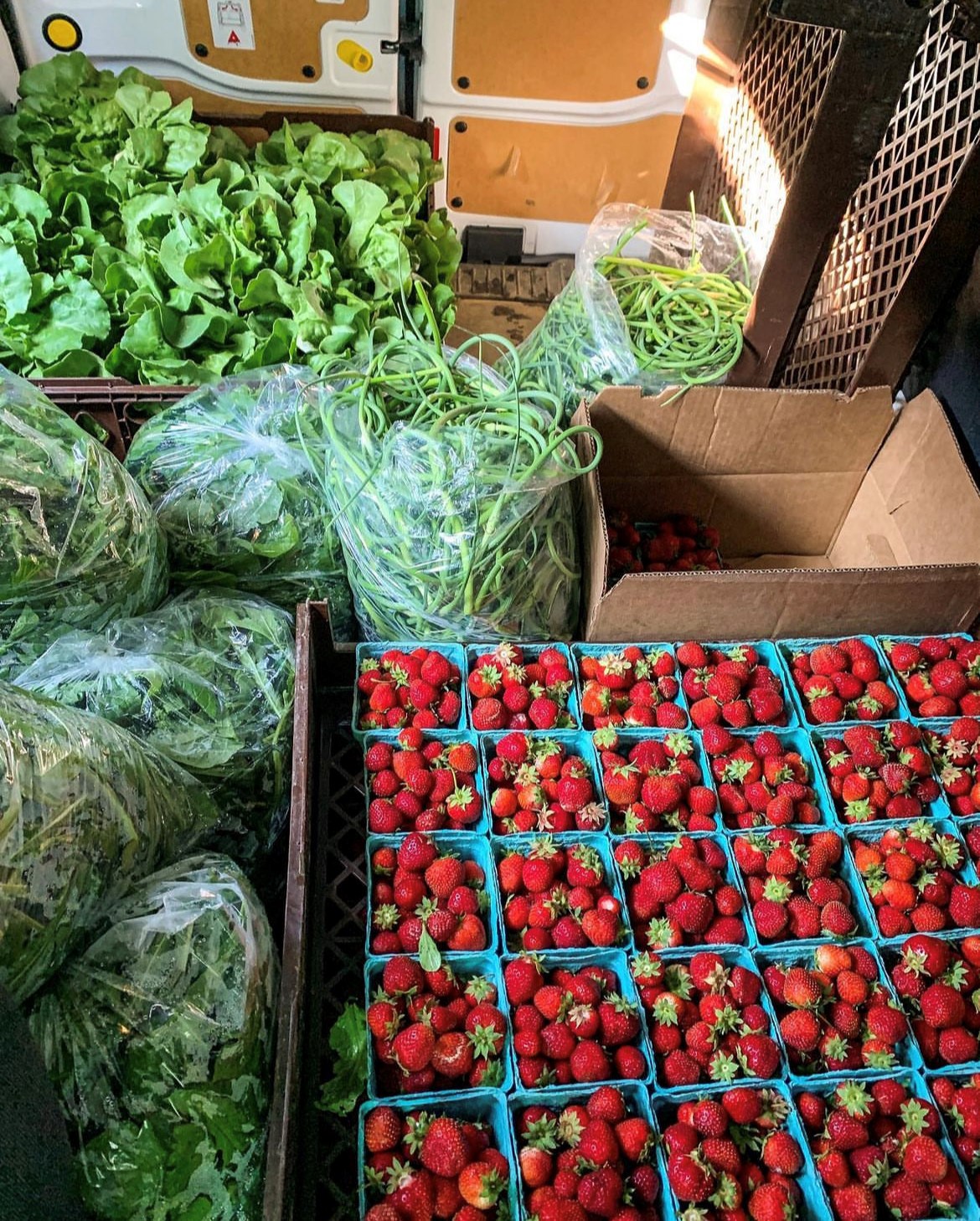At Interfaith Neighbors, food justice is front and center to who we are. What is food justice? According to Boston University:
The Food Justice Movement works to ensure universal access to nutritious, affordable, and culturally-appropriate food for all, while advocating for the well-being and safety of those involved in the food production process. The movement aims to address disparities in food access, particularly for communities of color and low-income communities, by examining the structural roots of our food system. Food Justice addresses questions of land ownership, agricultural practices, distribution of technology and resources, workers’ rights, and the historical injustices communities of color have faced. Food Justice is closely intertwined with environmental justice and sustainability movements.
Monmouth County is home to four “food desert” communities, according to the New Jersey Economic Development Authority (NJEDA). Asbury Park is ranked as the #17th most severe. Red Bank is #28, Long Branch is #32, and Keansburg is #35. At least 20 percent of our residents face a daily struggle to gain access to the fresh food we ALL need to be happy and healthy.
Heart disease is the number one cause of death not only for people who live in Asbury Park, but for Monmouth County, the state of New Jersey, and the United States. According to the CDC, heart disease can be prevented by choosing “healthy habits” such as eating fresh fruits and vegetables and fewer processed foods.
Food justice advocacy recognizes that not everyone can choose what they eat, due to low resources, limited physical access to retail outlets or food pantries that offer fresh food and other very complex factors. This is where our collective efforts at system change can and must make a difference.
We have started a movement toward system change by transforming the institutions at the front lines of the emergency food system, i.e., our pantries. In the past four years, many Monmouth County pantries have moved from offering a majority of processed or canned goods to fresh food. People often ask: do people want to eat fresh food? Our county’s largest food pantry, Jewish Family and Childrens’ Services, exclusively offers only fresh food. The answer is a resounding yes. Two farms have been recruited to grow for us to meet this need: Fernbrook Farm in Chesterfield, NJ and Heidaway Farm in Howell. We mentored two farmers’ markets (Asbury Fresh and Matawan) toward accepting SNAP Benefits, WIC and Senior FMNP, and helped apply for grants to double the benefits with City Green’s NJ Good Food Bucks Program.
We have also shared our knowledge and vision of the necessary system change with grassroots leaders from each of our four Monmouth County “food desert” communities: Asbury Park, Long Branch, Keansburg, and Red Bank, as well as city managers, health department employees, county employees, and elected officials. We are partnering with the new Rutgers Sustainability program’s practicum class, who are utilizing Asbury Park and Monmouth County as a laboratory for food system study.
In February 2025, we created a Monmouth County-wide food policy coalition, the Food System and Access Working Group, hosted by Monmouth County ACTS. We believe, for now, this coalition must be based out of a community organization like Interfaith Neighbors, and run by a partnership between community members who are or have experienced food injustice, and leaders in our city and county governments. It is this latter group, our county elected officials and staff, who we believe must also champion this effort. Funds are needed to help with organizing. For more information contact Karyn Moskowitz @ [email protected].

Interfaith Neighbors is also an active member of the statewide food policy council, the NJ Food Democracy Collaborative. We help lead the Inclusive Markets Working Group, where we share knowledge on advocacy for making local food more accessible to all, and represent Monmouth County at gatherings with elected officials and state government employees involved in the food system.



